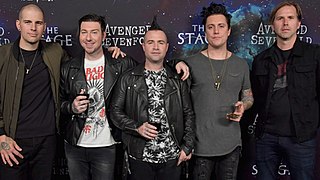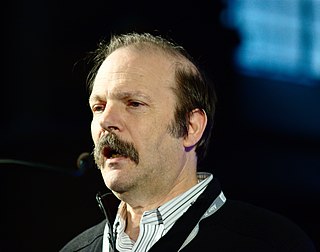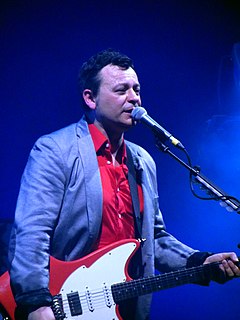A Quote by Jim Harrison
Related Quotes
To our human minds, computers behave less like rocks and trees than they do like humans, so we unconsciously treat them like people.... In other words, humans have special instincts that tell them how to behave around other sentient beings, and as soon as any object exhibits sufficient cognitive function, those instincts kick in and we react as though we were interacting with another sentient human being.
you mean machines are like humans?" I shook my head. "No, not like humans. With machines the feeling is, well, more finite. It doesn't go any further. With humans it's different. The feeling is always changing. Like if you love somebody, the love is always shifting or wavering. It's always questioning or inflating or disappearing or denying or hurting. And the thing is, you can't do anything about it, you can't control it. With my Subaru, it's not so complicated.
Ugly programs are like ugly suspension bridges: they're much more liable to collapse than pretty ones, because the way humans (especially engineer-humans) perceive beauty is intimately related to our ability to process and understand complexity. A language that makes it hard to write elegant code makes it hard to write good code.
In the native literatures of North America there aren't any novels. Instead, the major genre is myth. And myths are stories that are fundamentally about the world, not about human individuals. A myth needn't include any humans at all. If it does include them, they're usually minor characters - imaginary humans sent out like scouts to report back on what's happening in the mythworld, but not central participants in the action.
When humans act like animals, they become the most dangerous of animals to themselves and other humans, and this is because of another critical difference between humans and animals: Whereas animals are usually restrained by the limits of physical appetites, humans have mental appetites that can be far more gross and capacious than physical ones. Only humans squander and hoard, murder and pillage because of notions.
In the Roman world, and in the worlds around it that Romans sought to subdue and control, the gods were merciless, frivolous, prone to set traps for humans, and largely indifferent to the unprivileged bulk of humankind, who in any case did not expect their fate in the afterworld to be any better than it had been on earth.
Very close cousins like humans and chimps have almost all their genes in common. Slightly less close cousins like humans and monkeys still have recognizably the same genes. You could carry on right on down to humans and bacteria, and you will find continuous compelling evidence for the hierarchical tree of cousinship.







































